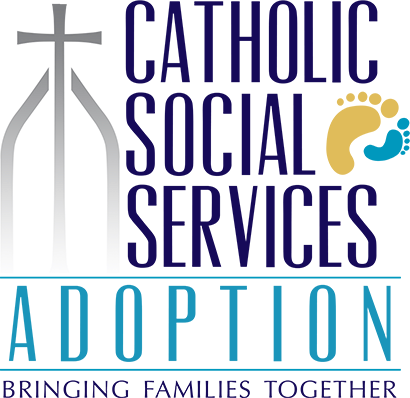Penna Dexter
A faith-based foster care agency, Catholic Social Services, is suing the city of Philadelphia to restore its right to place foster children in homes. Children deemed in need of foster care are wards of the state. Governments partner with private agencies to recruit, evaluate, and endorse families for fostering. But Philadelphia is refusing to work with Catholic Social Services unless the agency consents to endorsing same-sex married or unmarried couples as foster parents.
The city is thus depriving the agency of the right to help these children in need unless it consents to violating its traditional Christian beliefs about marriage.
Make no mistake, this is not about kids. It’s about punishing anyone, especially religious people and organizations, who won’t accept a distorted definition of marriage. Dr. Ryan Anderson at Heritage Foundation calls it “an attempt at imposing a sexual orthodoxy on the nation.”
Two committed foster moms joined Catholic Social Services in the lawsuit, Fulton v. City of Philadelphia. (As the case wound through the legal system, one of those moms passed away.) Finally, in early November, the U.S. Supreme Court heard oral arguments in the case.
Same-sex couples who want to adopt have plenty of opportunities in Philly. Of 30 foster care agencies in the city, 29 are fine with working with same-sex couples. What’s more, there have been no complaints. As Justice Brett Kavanaugh mentioned during oral arguments, it seems that Philadelphia “was looking for a fight.” No same-sex couple has ever asked Catholic Social Services to foster a child.
Justice Kavanaugh said the case requires the court to consider the balance between “the religious exercise and belief right” and “the same-sex marriage right, as recognized in Obergefell.” The Court’s 2015 Obergefell ruling affirming same-sex marriage contained assurances that religious freedom would be upheld, and the rights of people with traditional views of marriage would be respected.
A strong ruling by the Court would help religious Americans to trust those assurances. 
 Listen Online
Listen Online Watch Online
Watch Online Find a Station in Your Area
Find a Station in Your Area










 Listen Now
Listen Now Watch Online
Watch Online
